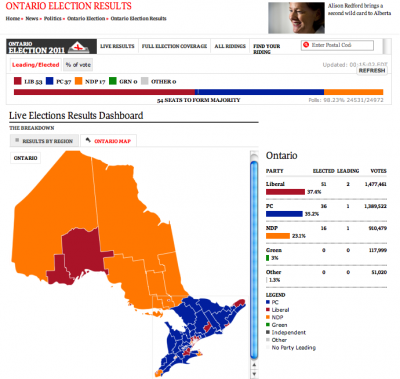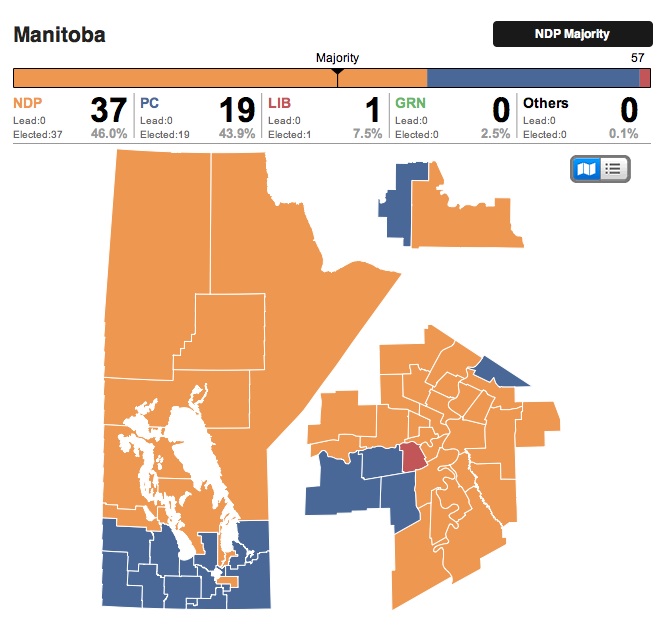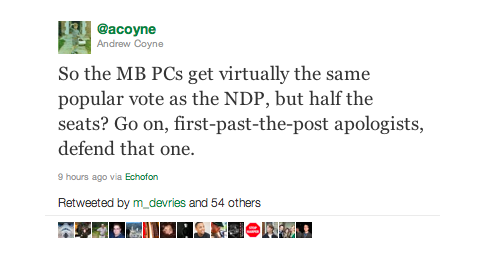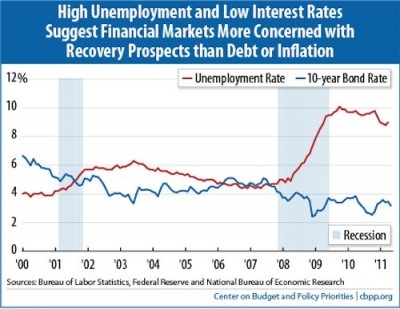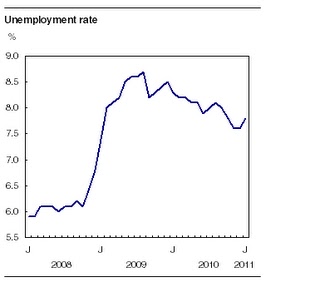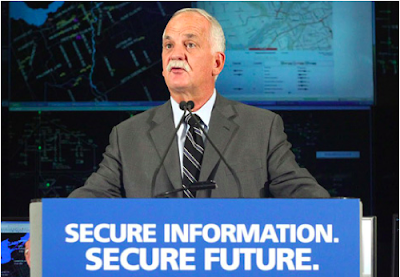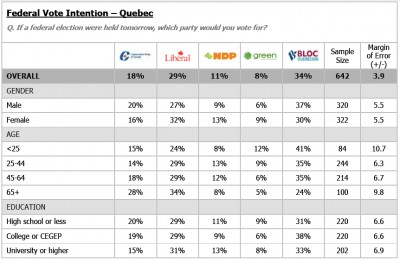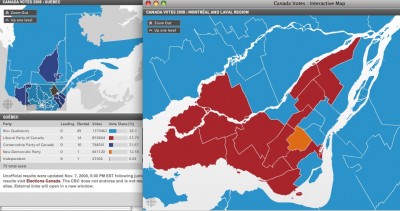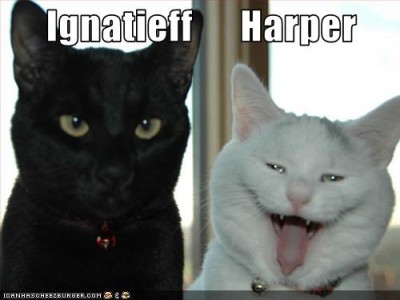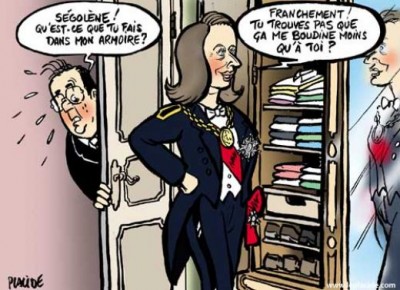While I’m in NYC these days, much of my social media still comes from Toronto & Canada. The Conservative Party of Canada is running attack ads against the third party. Not the opposition, but against the Liberal Party interim leader, Bob Rae. This ad came out while the official opposition party, The New Democrats, were choosing a new leader, who was chosen yesterday, Thomas Mulcair. OK, to further complicate things, Rae was once a New Democrat at the provincial level in Ontario and Mulcair was a Liberal at the provincial level in Québec. I know, you probably need a scorecard. Anyway, while there’s no election in sight for years {barring a finding of widespread election fraud from the robocall scandal}, the Conservative attack ad slams Rae’s record from his stint as Ontario Premier in the early 1990s, as an Ontario New Democrat. Last year, I wrote a brief analysis of the Bob Rae premiership on vox.rhizomicon that explains how Rae inherited an impossible situation worsened by a macroeconomic perfect storm. In fact, Rae’s policies had much more in common with—a fiscally conservative strategy.
John Ibbitson of the Globe & Mail thinks the Tories are scared of Rae and the resurgence of the Liberals. There may be something to that. They ran ads in 2009 against then Liberal leader, Micael Ignatieff, framing him as an outsider because of his living abroad in the past. Why not use the wayback machine to do the same to Bob Rae?
One could argue that the Conservatives have more money than good sense right now. While it’s no secret that the Conservatives want to keep the Liberals down and replace them as the “natural governing party of Canada”, the strategy has its risks. Sure, it will get the Liberals to spend money on return-fire ads, which the Liberals vow to do, but the ad concept isn’t fresh and the content is dated. While Andrew Coyne think the Conservatives win either way, I think he’s wrong. It’s not an election and the negative ads on the third party leader can be viewed as playing unfairly, particularly in light of the robocall scandal. The main problem I have with the Conservative ads is they have tipped their hand. Bob Rae has them worried and they’re signaling it. Unlike Ignatieff, Rae is a seasoned politician and a good communicator. Liberal support isn’t dead and the ads allegedly boosted Liberal fundraising by $225,000 and Rae offered this soundbite:
“You can’t just abandon the airwaves to the jerks on the right-hand side of the spectrum.”
While the Conservatives have a majority in Parliament, they know that with Rae and Mulcair opposing them, they’ll have their hands full with a war in the media and the court of public opinion. They’ll want to discredit both, but let’s face some ugly marketing truths. They’re the majority party and should act accordingly. Attack ads now look desperate and mean. The Conservatives’ main ace up their sleeves is “stay the economic course.” They don’t have a hot-tempered firebrand from Québec who makes the news by being the news in a Thomas Mulcair. They don’t have an elder statesman who can effectively sound as if he’s railing at the establishment in a Bob Rae. The Conservatives are selling “stay the course” and they don’t have many degrees of freedom that can really energize the masses, while unemployment remains fairly high and a housing bubble looms. Their current positioning is fairly moderate, which is how they won the last election by taking Liberal ridings in Ontario {assuming election fraud isn’t shown in the robocall scandal, which is probably a stretch}. It makes the most sense to build the appeal to moderates by building a case why the Conservatives are good for stability on positives, even if there isn’t any “there” there.
It will be interesting to see how the Conservatives deal with Mulcair. I’m sure his dual citizenship with France will factor in, as the Tories try to question his allegiance to Canada. Given the NDP strongholds of Québec and urban centers, it won’t matter much to the NDP base and pressing the issue could turn off the new Canadians that the Conservatives are trying to court.
It’s over three years until the next Canadian election and it’s a tad early to start being tiresome.


